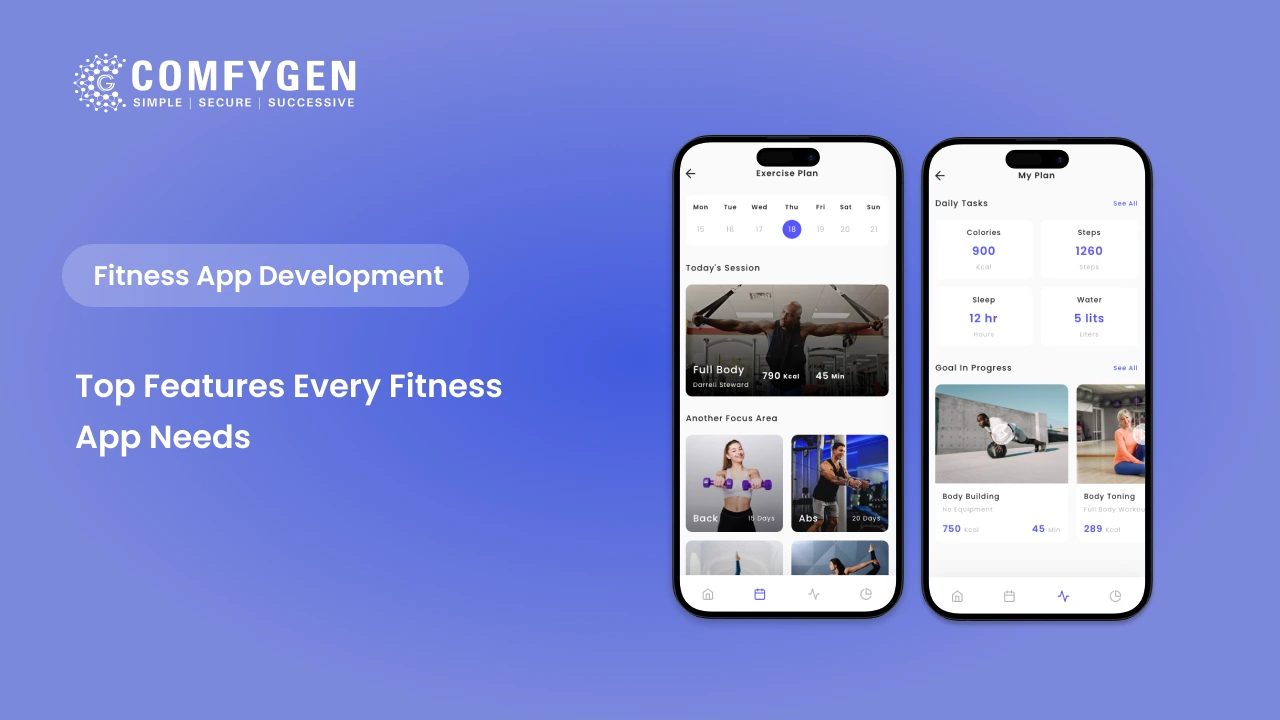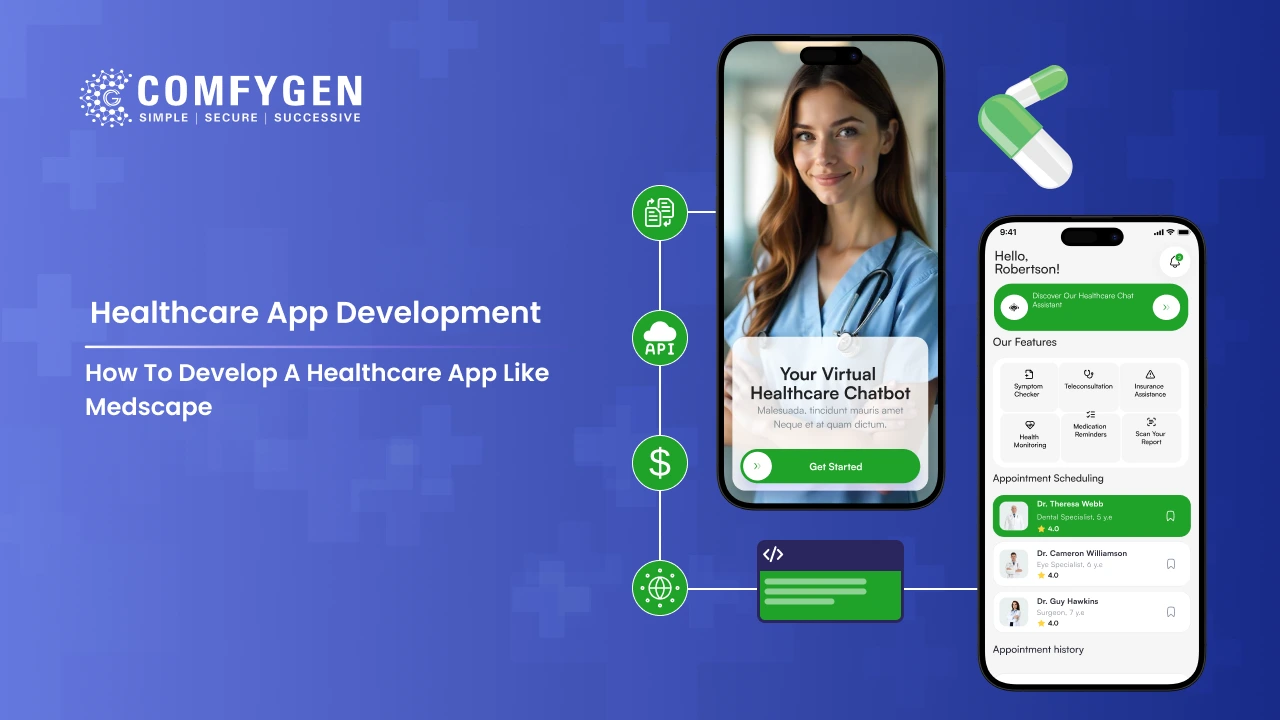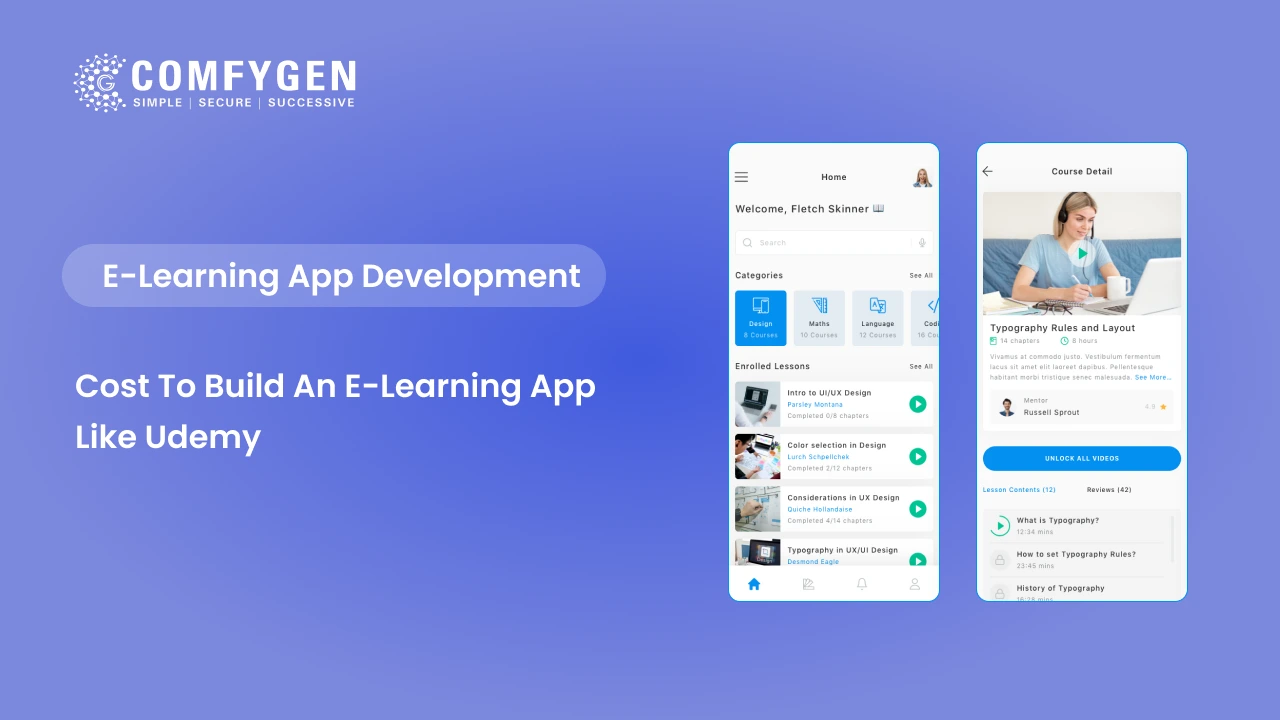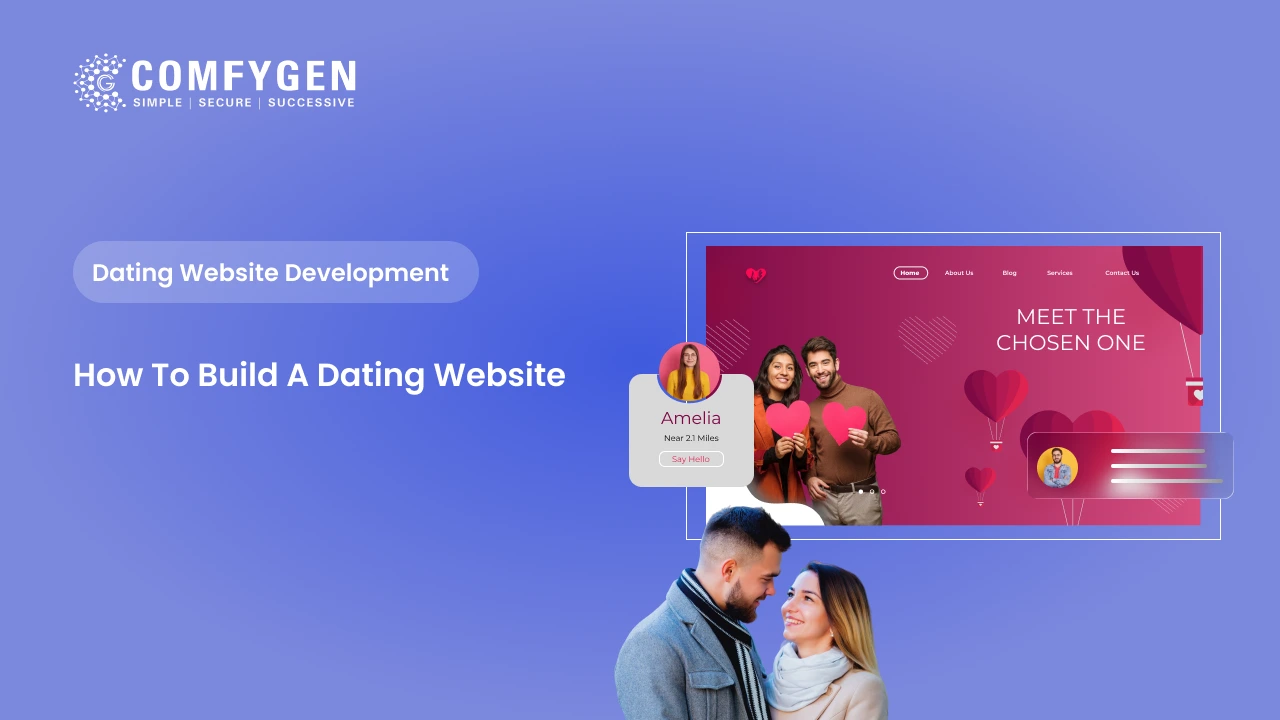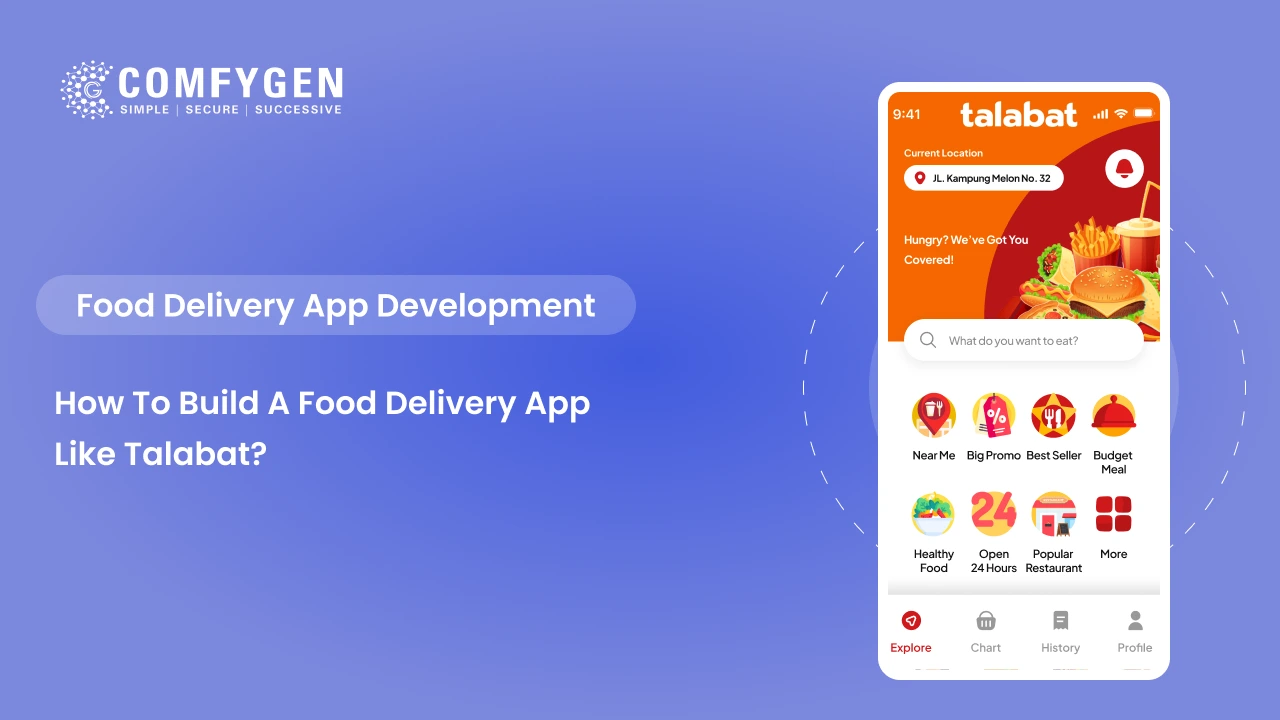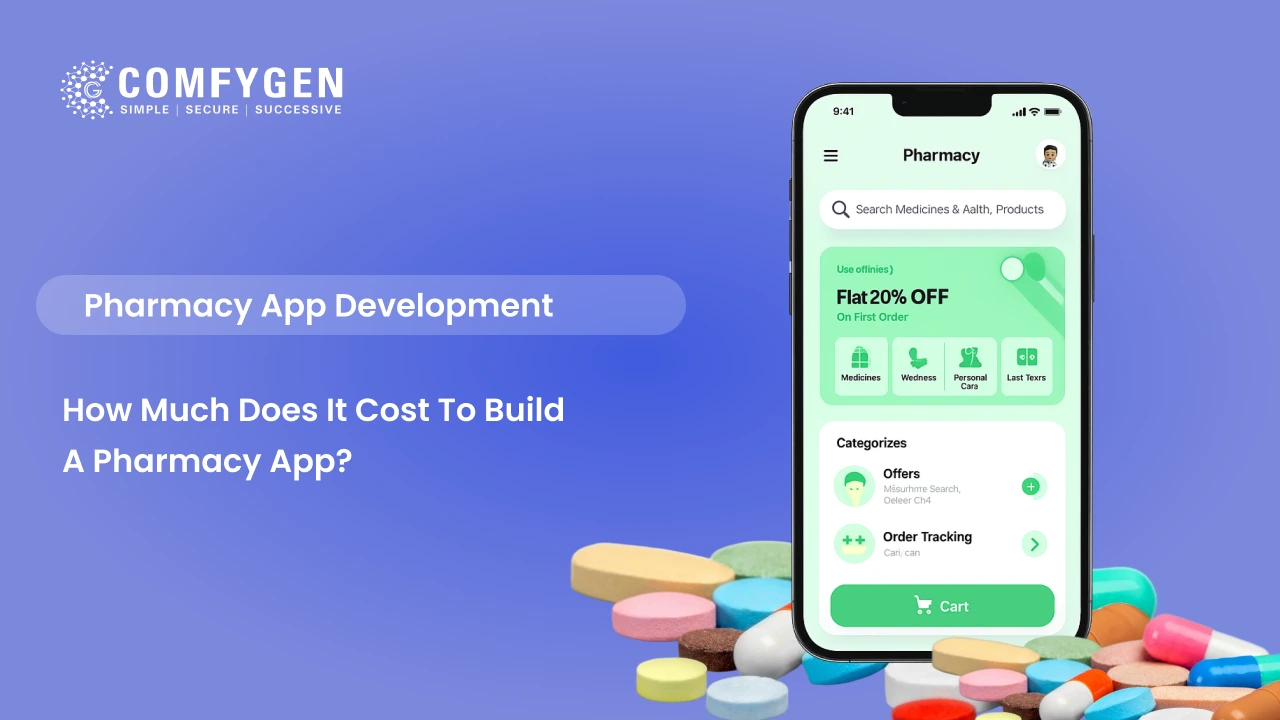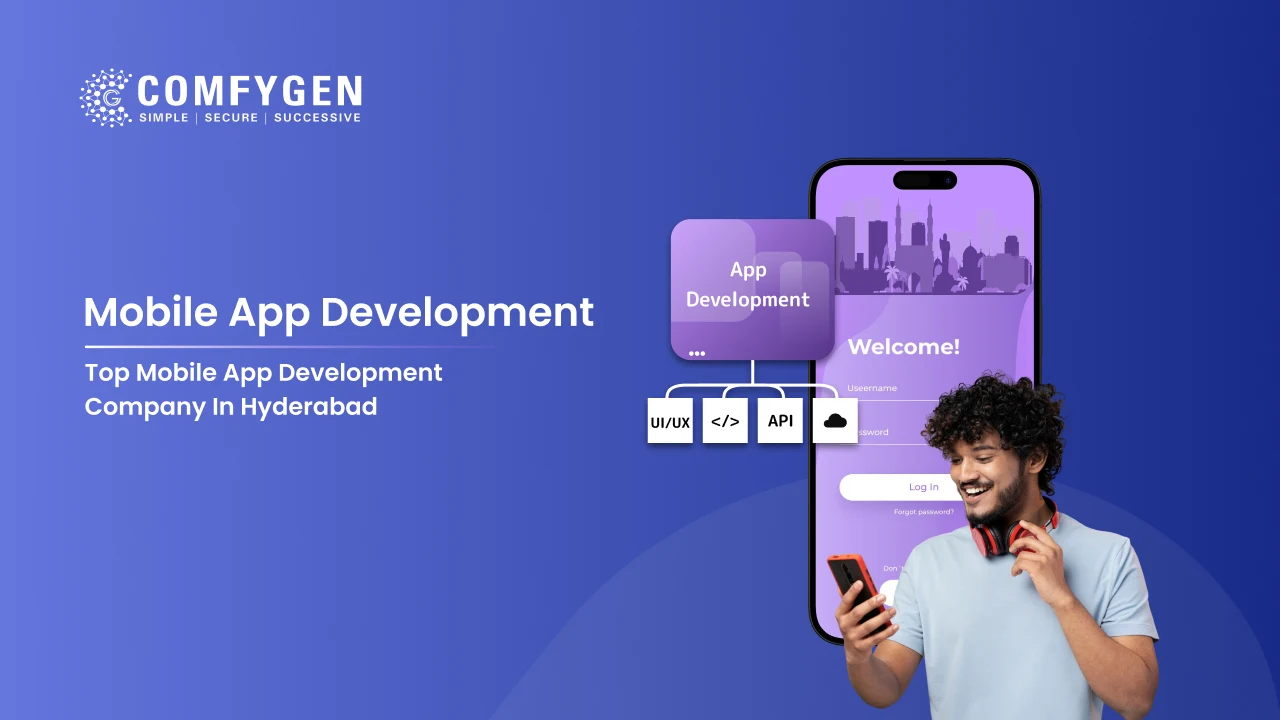In 2025, fitness apps have become an essential part of modern lifestyles. As people become more health-conscious and digitally driven, mobile fitness solutions are transforming how we work out, eat, and track our progress toward goals. From gym trainers to casual joggers—everyone relies on fitness apps for convenience, motivation, and real-time insights.
The global fitness app market is expected to surpass USD 20 billion by 2026, demonstrating the significant potential for startups and businesses. If you’re planning to build a fitness app, focusing on core and advanced features is the key to standing out in a competitive market.
Types of Fitness Apps You Should Know
Before developing your feature-based fitness app, it’s important to understand the different types of fitness apps that cater to various user needs. Each type offers unique functionality and features in the best fitness app.
Workout Tracker Apps
The best workout tracker apps help users create, track, and monitor their workouts. They offer pre-set exercises, progress tracking, and personalized routines.
Activity Tracker Apps
Activity trackers monitor physical activities such as steps, calories burned, distance covered, and sleep patterns using wearable device integration.
Diet and Nutrition Apps
Diet and nutrition planning mobile apps focus on healthy eating habits, meal planning, calorie tracking, and nutrition analysis for weight management and fitness goals.
Yoga and Meditation Apps
With mental wellness becoming a priority, yoga and meditation apps provide video sessions, breathing exercises, and guided meditations for stress relief.
Personal Training and On-Demand Fitness Apps
The best Personal Training apps connect users with professional trainers for live sessions, customized workouts, and one-on-one consultations, offering a personalized fitness experience.
Why Features Matter in Fitness App Development
In the fast-growing digital fitness industry, the success of a fitness app depends largely on its features and user experience. The right set of fitness app features can make your app stand out, attract more users, and deliver measurable results.
Whether you’re creating a workout tracker app, an activity tracker app, or an on-demand fitness app, a strong feature foundation ensures long-term growth and customer satisfaction.
Enhancing User Engagement
Engagement is the heart of any successful fitness app development project.
By integrating interactive elements such as real-time workout tracking, AI-powered recommendations, and personalized dashboards, you can motivate users to stay active and consistent.
The more engaging your fitness app, the higher the daily usage and retention rate.
Building Brand Loyalty
User trust and satisfaction lead to loyalty. A custom fitness app that offers valuable features, such as goal tracking, nutrition plans, and social challenges, will engage users and encourage them to keep using it. Your fitness brand will grow organically as a result of this community.
Creating Scalable Fitness App Solutions
A well-structured feature set also ensures scalability. As your audience grows, your app should evolve effortlessly by adding new AI-powered fitness apps, wearable integrations, or community features.
A professional fitness mobile app development company like Comfygen builds flexible and scalable architectures that allow smooth upgrades without affecting user performance.
Top Features Every Fitness App Needs
In today’s competitive digital market, every successful fitness app development project needs a set of powerful and user-focused features. Whether you’re building an on-demand fitness app, these features help attract users, improve engagement, and ensure long-term success.
Below are the top fitness app features that every business should include for a high-performing and future-ready fitness application.
Personalized User Profiles
Personalization is one of the most important fitness app features. Allow users to create detailed profiles with information such as age, gender, weight, fitness level, and personal goals.
These details help the app offer customized workout and diet recommendations. A personalized user experience keeps users motivated and make sure they get results tailored to their needs.
Goal Setting and Progress Tracking
Every user wants to track progress and see how far they’ve come. Including goal-setting and progress tracking features allows users to set daily, weekly, or monthly goals and monitor their progress through charts and reports.
This feature makes the app interactive and helps boost motivation, a must-have in every workout tracker app.
Real-Time Workout Tracking
Real-time tracking is among the best features of a fitness app. It lets users track activities like steps, distance, speed, and calories burned using GPS and sensor data.
When combined with wearable devices, users get accurate performance insights, which enhances accountability and consistency in their workouts.
AI-Powered Recommendations
Artificial Intelligence has transformed fitness app development. By analyzing user data, AI can recommend personalized workout plans, rest periods, and nutrition tips. AI-powered features make your on-demand fitness app smarter and more engaging, helping users achieve their goals faster with tailored guidance.
Diet and Nutrition Management
A complete fitness journey is not just about workouts but also about nutrition. Add diet and nutrition tracking features that let users plan meals, calculate calories, and get healthy recipe suggestions.
The trending fitness app feature helps users maintain a balanced diet and achieve holistic fitness results. Including this makes your app an all-in-one fitness companion.
Integration with Wearables and Smart Devices
Integration with popular devices like Apple Watch, Fitbit, Garmin, or Samsung Gear makes your fitness app development solution more powerful.
Users can sync their wearable devices to automatically track activities like heart rate, sleep patterns, and daily steps. This seamless connection make sure accurate data collection and a better user experience.
Social Sharing and Community Challenges
Adding social features makes fitness more fun and motivating. Allow users to share their progress, join fitness challenges, and connect with friends.
Community-driven challenges and leaderboards encourage friendly competition and build a sense of belonging. These interactive fitness app features increase engagement and user retention.
Push Notifications and Reminders
Push alerts are essential for maintaining user consistency. At the appropriate moment, remind them to work out, drink water, or follow their sleep schedule.
Smart notifications promote consistent activity, decrease app uninstalls, and increase user engagement. It’s among the best resources for raising retention rates in fitness app development.
In-App Video Tutorials and Live Sessions
Any on-demand fitness app benefits from educational content. Incorporate live training sessions led by certified trainers or on-demand video tutorials.
This lowers the chance of injury and improves outcomes by enabling users to adhere to correct form and technique. Additionally, live streaming gives trainers the chance to interact with users directly and foster loyalty.
Gamification and Rewards
Fitness is kept interesting through gamification. To make working out feel like a game, incorporate entertaining components like badges, points, levels, or rewards.
When users join community challenges or accomplish goals, they can receive rewards. This feature boosts motivation, retention, and general satisfaction by turning routine workouts into exciting accomplishments.
Ready to Build Your
Advanced Feature-based Fitness App?
Get a Free Quote
Advanced Features for Next-Gen Fitness Apps
If you want your app to stand out, integrating advanced features can enhance its value and attract premium users.
AI & ML-Based Performance Analysis
The fitness app development industry has been revolutionized by artificial intelligence (AI). An artificial intelligence-based fitness application can analyze user data, predict fitness outcomes, and create personalized plans automatically.
Key Benefits:
- Tracks and analyzes workout patterns in real time.
- Offers AI-based recommendations for better results.
- Provides insights into calories, progress, and health goals.
- Adjusts workouts dynamically based on user performance.
Integrating AI-powered fitness features make sure smarter user experiences and enhances the accuracy of health tracking.
AR/VR Interactive Workouts
Augmented Reality (AR) and Virtual Reality (VR) bring a futuristic approach to on-demand fitness app development. These technologies allow users to enjoy immersive and interactive workouts from the comfort of their homes.
Key Benefits:
- Offers virtual gym environments and realistic 3D sessions.
- Makes workouts more engaging and visually motivating.
- Encourages users to explore new fitness experiences.
- Increases retention with fun and gamified training options.
Voice and Motion Recognition
Voice and motion recognition features ensure that users perform workouts correctly and safely. This innovation improves usability and user engagement by offering hands-free and guided workouts.
Key Benefits:
- Detects user movements using motion sensors.
- Provides instant voice feedback during workouts.
- Tracks form, posture, and repetitions accurately.
- Makes workouts more interactive and user-friendly.
This feature is essential for creating a smart fitness app that feels like a real personal trainer guiding every move.
Chatbot-Based Personal Trainers
AI-powered chatbots act as virtual personal trainers, helping users stay motivated and informed throughout their fitness journey. The chatbot-based fitness apps can answer questions, track performance, and even schedule workouts.
Key Benefits:
- Provides 24/7 virtual assistance for users.
- Suggests workouts, diets, and progress insights.
- Enhances engagement through motivational messages.
- Reduces dependency on human trainers in the app.
Cloud Data Syncing and Analytics
Enable users to store and access their workout data across multiple devices securely with cloud synchronization.
Key Benefits:
- Syncs fitness data across devices automatically.
- Offers real-time data access and analytics.
- Enhances security and data backup reliability.
- Improves scalability for large user bases.
Cost to Develop a Fitness App in 2025
The fitness app development cost depends on the app’s complexity, design, features, and technology stack.
Here’s an approximate breakdown:
| App Type | Estimated Cost (USD) | Timeline |
| Basic Fitness Tracker App | $10,000 – $25,000 | 2–3 months |
| Mid-Level App with AI Features | $25,000 – $50,000 | 3–5 months |
| Advanced On-Demand Fitness App | $50,000 – $100,000+ | 5–8 months |
Want to Know the Exact Cost?
Get Cost Estimate
Conclusion
In today’s digital age, a fitness app with advanced features and a smooth user experience can revolutionize your brand presence and customer engagement. Whether you’re building a workout tracker or an AI-based wellness platform, success depends on the features you include and the expertise of your development partner.

Mr. Saddam Husen, (CTO)
Mr. Saddam Husen, CTO at Comfygen, is a renowned Blockchain expert and IT consultant with extensive experience in blockchain development, crypto wallets, DeFi, ICOs, and smart contracts. Passionate about digital transformation, he helps businesses harness blockchain technology’s potential, driving innovation and enhancing IT infrastructure for global success.

